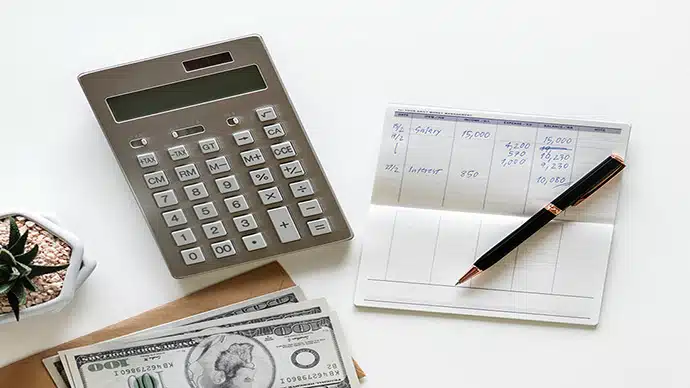
Today is the new deadline to file your income taxes. The IRS extended the deadline from April 15. It was swamped with early tax returns as well as the additional task of issuing stimulus checks.
Many people will be getting money back from the government when they file their taxes, but many others will owe. Especially in this last horrific year when so many either lost their jobs temporarily or saw their hours cut back. Some people may end up owing money yet can’t pay their taxes.
If this is the case with you, BILLSHARK wants you to know you have options. But we also want to warn you to beware of the scammers who would take advantage of your situation.
Don’t ignore the problem
If you owe the government money, especially if it’s a large amount, you may be tempted to put off filing your taxes. Don’t.
Nina Olson, executive director of the Center for Taxpayer Rights, recently told The Washington Post that you need to contact the IRS as soon as you know you can’t pay your taxes.
“I always tell people that the worst thing they can do is nothing,” she told columnist Michelle Singletary. “The IRS is not going to go away. It chugs along like a machine, and if you don’t respond to it, it will reach out to you in the form of levying your bank account or garnishing your paycheck.”
What to do if you can’t pay your taxes
1. File on time
Whether or not you have the money to accompany your return, file anyway. The IRS will assess penalties not only on the unpaid money owed, but also for not filing a return. The late fee on taxes owed is one-half of one percent; the penalty for filing late is five percent a month on the money owed. You can file for an extension (IRS Form 4868) and avoid the penalty attached to missing the May 17 deadline. But any money you owe is still due on May 17. The penalty and interest will start accruing on that date, unless you paid 90 percent of money owed by May 17.
2. Pay what you can
Because penalties are assessed only on the amount owed, pay as much as you can of what you owe. This also demonstrates to the IRS a good-faith effort on your part. Do not borrow money on credit cards or loans to make a payment unless the interest rate is below the half-percent you’d pay the IRS.
3. Contact the IRS
If you can’t pay your bill, contact the IRS immediately (800-829-1040). Contrary to what some would have you believe, the agency is staffed by professional people who understand that sometimes people encounter hardships. One thing the IRS won’t do is put you into bankruptcy if you can’t afford to pay, and if you make a good-faith effort to try. But you have to let them know about it.
The IRS budget has been slashed in recent years, and it faces staffing problems stemming from the pandemic. This is why, Olson says, it will take a very long time to get through to a human. But keep trying because it will be worth it.
She told The Post that there’s a good reason to ‘fess up. If you can’t pay your taxes, the IRS will make a notation in your file. This could put a hold on the more aggressive collection actions.
“It will keep bad things from happening,” she said.
From the IRS website on what to do if you can’t pay:
“Don’t panic. The agency may be able to provide some relief such as a short-term extension to pay, an installment agreement or an offer in compromise, or by temporarily delaying collection by reporting your account as currently not collectible until you are able to pay. In some cases, the agency may be able to waive penalties. However, the agency is unable to waive interest charges which accrue on unpaid tax bills.”
What not to do
The only “don’t” under this category is, don’t pay one of those relentlessly advertised “tax relief” companies. The legitimate ones (and they are few and far between) will take money to do what you can do for yourself directly through the IRS. The illegitimate ones (the vast majority) will take your money, string you along, and then disappear.
The Federal Trade Commission (FTC) warns:
“If you pay [tax relief companies] an upfront fee, which can be thousands of dollars, these companies claim they can reduce or even eliminate your tax debts and stop back-tax collection by applying for legitimate IRS hardship programs. The truth is that most taxpayers don’t qualify for the programs these fraudsters hawk, their companies don’t settle the tax debt, and in many cases don’t even send the necessary paperwork to the IRS requesting participation in the programs that were mentioned. Adding insult to injury, some of these companies don’t provide refunds, and leave people further in debt.”
If your income is low enough, you can get free help to resolve your tax issue from a Low Income Taxpayer Clinic.
If you owe the government money, let BILLSHARK find the hidden savings on your bills. We charge nothing to review them, and we can find you money that you can put toward your tax bill (or anything else you’d like).


